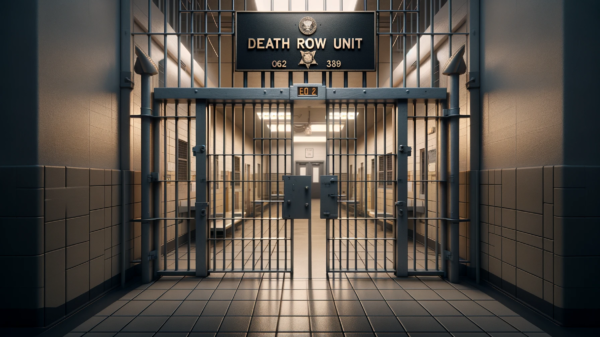By Bill Britt
Alabama Political Reporter
Even before former Speaker Mike Hubbard’s conviction on 12 counts of public corruption, due to criminal ethics violations, his minions were spinning a narrative that the laws, under which he was indicted, were hastily prepared and passed without question (merely a deceptive plan to cast doubt on his indictment).
To say that the 2010 ethics laws passed rapidly and without the body’s full understanding may be right, but to believe they were not conceived without purpose and understanding by those wrote them, is a lie.
In 2009, gubernatorial candidate, Bradley Byrne, released a 10-point ethics reform plan which he said would be passed at Special Session. Byrne lost but the 10-point plan and more was implemented during a 2010 Special Session, presided over by former Gov. Bob Riley and his handyman, Hubbard.
Is there a need to take a deeper look at our State Ethics laws? Yes, but not to weaken them, as some would have it, but to strengthen their enforcement and clarify their application.
Stringent codes of conduct in the public sector are necessary. Even when people know what they have a right to do, they don’t always do what is right, to paraphrase Associate Supreme Court Justice, Potter Stewart.
One of those who would be happy to neuter the current ethics laws is, ironically, the Chairman of the House Ethics Committee, Rep. Mike Ball. Now, as before Hubbard’s conviction, Ball is calling for ethics reform that would make it harder, if not impossible, to convict criminals like his friend and boss, Mike Hubbard. Ball’s call is as shallow and ill-informed as his testimony on prosecutorial misconduct during Hubbard’s pretrial hearings.
Even if we set aside Ball’s attempts to undermine Hubbard’s prosecution, his inability to acknowledge his complicity in the Hubbard affair renders him a feckless and unacceptable choice to be chairman, and overseer of a committee tasked to reform our existing ethics laws.
Ball is one of a handful of lawmakers, lawyers, lobbyists and trade associates spreading the false narrative that the ethics laws passed in 2010 lacked proper vetting. Here, borrowing a quote from a convicted felon seems fitting: “Those ethics laws. What were we thinking.”
Any effort to change the current ethics codes must fall under the Aegis of the Office of Attorney General, Luther Strange. If there is a commission to study the State’s ethics laws, its findings should be subject to a thorough examination by the AG.
The Attorney General’s Special Prosecution Divison, under the leadership of Chief Matt Hart, continues to meet resistance from within and without the system, concerning the enforcement of the existing statutes.
AG Strange and staff regularly sit front and center at Ethics Commission meetings, perhaps to remind the commissioners of their duty, or to hear first-hand, the pretzel logic used in various opinions before the panel. Whichever the case, there are plenty who wish for a softer version of the 2010 laws that were tested and found solid in the Hubbard case.
A September 12, 2016 memo from Maynard, Cooper Gayle’s Ted Hosp, to the Business Council of Alabama (BCA) regarding recent opinions by the Ethics Commission on who is “a principal” and what is “a thing of value” reads in part: “Modification of the opinions by the Ethics Commission may be the only opportunity to change the law’s interpretation in the near future. Given the recent back and forth between legislators and the Attorney General, changes to the law do not appear likely prior to the 2018 elections.”
Here Hosp’s memo informs the State’s most influential lobbying group that hope for reform favorable to it may depend on the outcome of the 2018 elections. There also appears to be an apprehensive prayer of “some chance that the Hubbard appeal will result in changes to the current interpretations of the law, what the appellate courts will do—and when they will issue any decision—is uncertain,” wrote Hosp.
This memo emailed to BCA members is perhaps further evidence of the gathering forces, in-league to undercut laws now on the books.
The Attorney General’s Special Prosecution Divison is the only arm of government which has dared enforce State ethics laws without political consideration.
Trusting lawmakers to write or reform the State’s ethic laws is a belief undermined by their gutless handling of the Hubbard affair.
For now, the Attorney General’s office is the only government agency to display the moral aptitude to oversee reform.
Who else can we trust?





















































